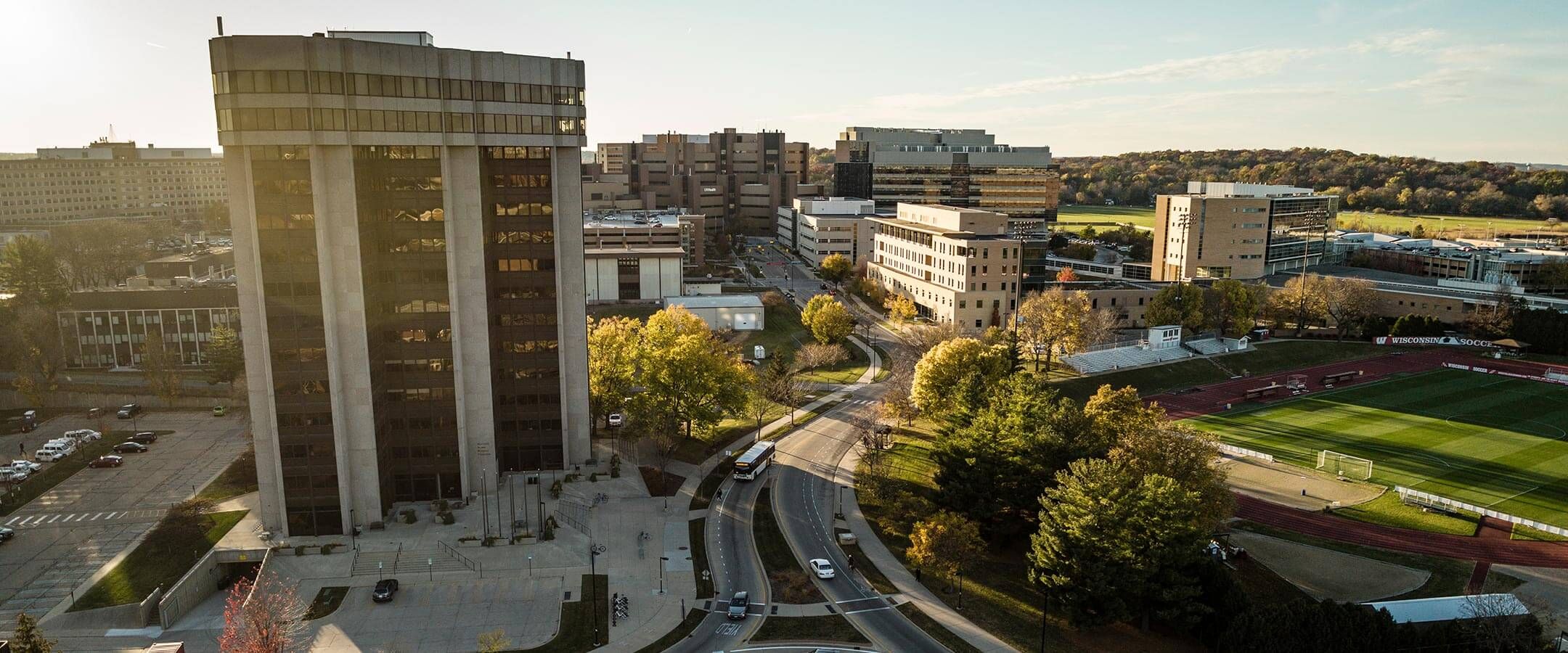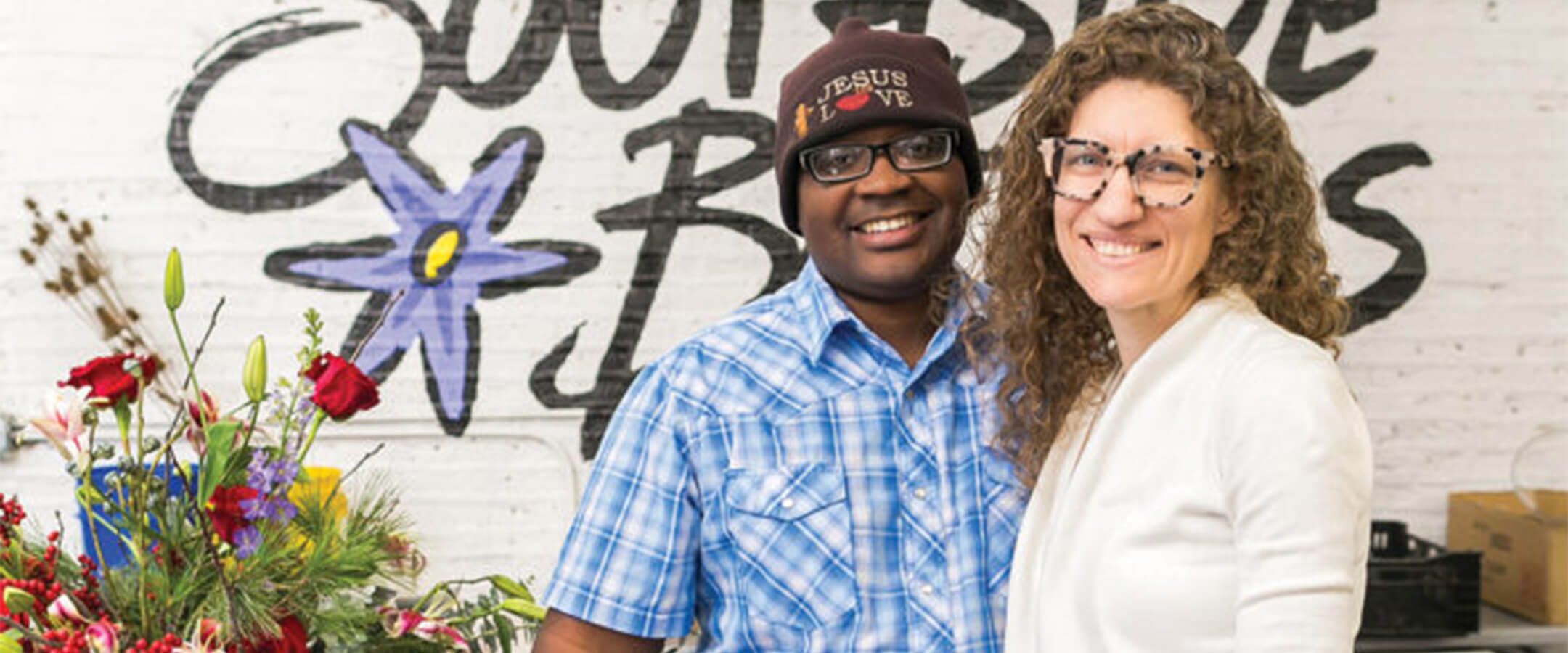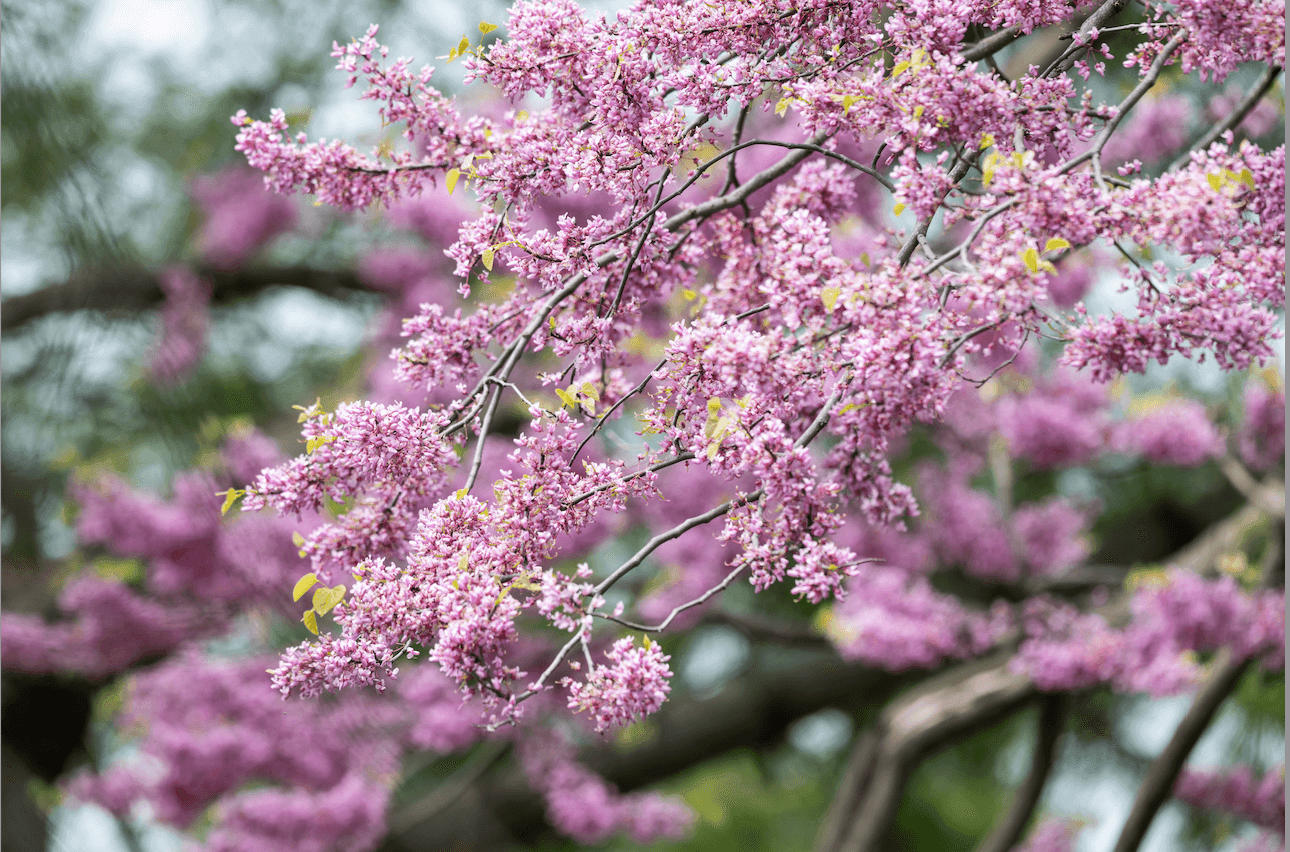
As a senior, Karyn Koven was editor-in-chief of the Wisconsin Badger yearbook. In the 25 years since graduation, she has worked in advertising, became a teacher, served as a college adviser, cofounded a charter high school, and more. Today, she’s the founder of LanguageBird, an online language learning platform.
- Favorite ’90s band: Red Hot Chili Peppers, Dave Matthews Band, Nirvana, Counting Crows, and ’90s hip hop (not a band but…)
- Favorite ’90s movie or TV show: Sex and the City and Friends
- Favorite campus-area hangout: Library Mall, Helen C. White, or Vilas is where I spent a lot of time.
- Nineties trend you’re happy to have left behind: Flannel shirts
- Nineties trend you’d like to bring back: No cell phones
- Favorite Madison concert: The Rolling Stones
What accomplishments or projects are you most proud of working on in the last 25 years?
I'm proud that after graduation and working for a year in advertising, I decided to follow my passion and get a teaching credential. I'm so proud of the years I spent in the classroom and college counseling so many students who wouldn't have otherwise thought they were collegebound. In the time I was a college advisor, I sent a handful of students to UW–Madison as Posse Foundation scholars which I know changed the trajectory of their lives and had a huge impact on their community and families. I am proud of being a cofounder of a charter high school, the programs I created there and of where those students are now. Earning my Doctorate in Educational Leadership from UCLA was a feat I am happy to have accomplished. I also take pride in taking a leap from education into entrepreneurship in founding LanguageBird.
What are you working on now?
I founded LanguageBird in 2015 because I saw the need and the technological means to connect more students to very high quality, personalized instruction with teachers who want to share their language and culture online. I was fascinated with online learning and started researching it in 2007. I love the creative process of building an educational program to positively serve students. I have an incredibly talented staff and amazing teachers who are working daily to improve language instruction and learning.
Are there any courses or professors from the UW that have had a lasting influence on you?
Absolutely. James Hoyt was the supervisor of my summer internship at KABC news in LA on the OJ Simpson trial. I wrote a paper about what it was like being with reporters in the courthouse. We have kept in touch over the years. He was a great mentor. I loved many of my English professors and courses on Shakespeare and American literature. I took a whole course on Faulkner! When else besides in college do you have the luxury to spend time like that? I took a few courses from the list of "science for non-science majors" and enjoyed a course everyone called "Physics for Poets," a course on evolution and Darwin, and a women's health course. Many science teachers I've worked with over the years have said how impressed they are with what I know conceptually, but maybe not mathematically! I met one of my best friends in the women's health class during a summer spent in Madison.
What’s your best memory from your time on campus?
A single memory would be my first football game as a freshman. During freshman orientation, they tried to teach us about the 5th quarter so we knew what was going on before attending a game. I knew nothing about football, but I had the most incredible time. I got back to my dorm room and called home and my dad asked what the score was or if we won. I honestly had no idea and didn't care. It was the experience and community that was electrifying. The outcome of the game didn't matter. I do think we won though. This California girl was a Badger forever after that day.
You were the editor-in-chief of the 110th edition of the Wisconsin Badger yearbook. In the introduction, you wrote: “One thing we have all learned at the UW–Madison is that learning is a process and not a single event.” I thought that quote was so prescient, given the philosophy you would later bring to LanguageBird!
Yes, wow! I haven't seen this in a long time! I think it was instilled in me or perhaps just a natural love of learning and growth. I'm a life-long learner and I subscribe to the concept of a growth mindset. I try to also surround myself with others who are open to learning, growth and change. LanguageBird's mission is certainly about instilling a life-long love of language, travel and culture for our students.
I think at the time I wrote this, I was referencing all the growth that happens to you as an individual during those college years. It's not just what we experienced in the classrooms, but what we had in terms of connection and community. That feeling is really hard to replicate at any other time in life. I would tell students I worked with, college is magical because you are around the most people your age with the most time to explore and experiment and learn and grow. Community and clubs were such a big part of life. My friends, roommates, classmates, sorority sisters, yearbook staff members, and WASB members were all groups of people who taught me how to lead, listen, care, meet deadlines, create things, help, and play.
I loved putting together the yearbook. I'm quite sentimental and sensitive and I still to this day collect photographs and albums. I like being able to "touch" the memory in some way. Pictures bring you back to a place and time like music and sometimes "old" friends. The yearbook was a journalistic passion project and I felt like I was capturing memories for all the students who were there that year.
I don't think I had any idea at the time I wrote this introduction how much my memories, experiences and friendships would continue to give back to me throughout my life. I'm truly grateful for the pictures, songs, mentors, friends, and education I received at the UW.
Here is the full introduction that Koven wrote in the yearbook as a senior:
One thing we have all learned at the UW–Madison is that learning is a process and not a single event. College is about learning how to feel, how to listen, how to speak and how to think. We learn what is most important and what is least important in the larger scheme of things.
College teaches us about optimism and pessimism as we live through the fun, trying and exciting stages of our careers as students. We learn when to accept things as they are told to us or for their face value, and we learn when to ask questions to find out more.
A life within the university is a life where you have success and accomplishments but it is also about how to say “I was wrong” and “I am sorry.” College is about admitting you could have reached higher or accepting praise and recognizing when you have reached your greatest heights. We are surrounded by our friends in front of the TV, at parties, in our dorms and apartments and we surround ourselves with books, papers and computer disks. College is about fitting all of your worldly possessions into a cubicle with someone else’s worldly possessions.
College teaches us how to give and how to take, how to like and how to love. We discover who our friends are and what we look for in a confidant. College is about learning to make people smile and laugh and sometimes even cry.
We have all had these experiences during our years at the UW. Each and every student takes with them mental photographs of their experiences in Madison. Images of football games, State Street and homecoming are all part of a mental photo album. We will carry this “album” with us many years after we receive our diplomas and take our last trek up Bascom Hill, walk down library mall or walk through the gates to Camp Randall.
The 1996–97 Wisconsin Badger is a portrait and explanation of our year at the UW–Madison. It is difficult to put into words the feeling of unity and spirit that grows within our university. I hope you will take from this book a stronger sense of your place in our community.
The yearbook staff examined the question of what our mission is in bringing a yearbook to a campus the size of the UW. We searched for aspects of the university that would touch a small part of everyone’s lives enough to aspire a flicker of remembrance or nostalgia.
I would like to dedicate this year’s issue to those graduating students as well as to my dedicated staff who have worked all year with enthusiasm and energy. We learned to work exceptionally well together even through rough spots. I hope you are all proud of our accomplishments.
With great pleasure and pride, I present to you the 110th issue of the Wisconsin Badger. Enjoy!
Karyn A. Koven
Editor in Chief
Wisconsin Badger Yearbook





